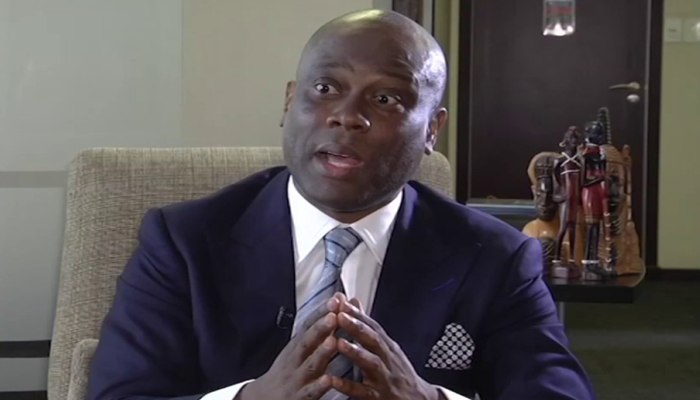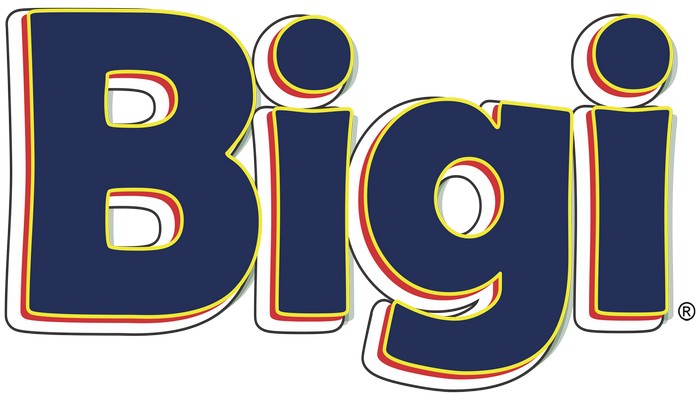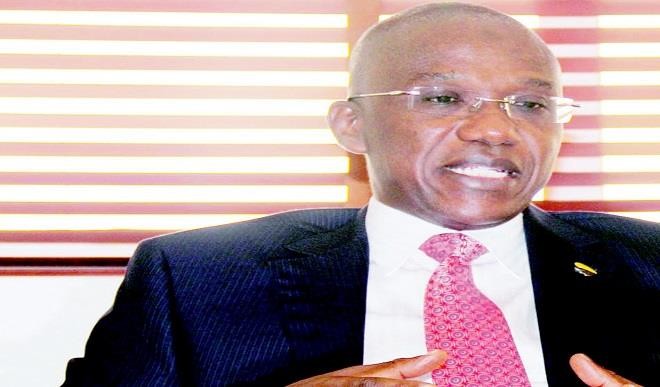
- CEO says penalties will compel banks to offer more credit
- Lender plans to cut bad loans to 5% in three years from 10%
CEO Herbert Wigwe discusses the growth of Access Bank’s retail business and central bank efforts to boost lending.
Nigeria’s Access Bank has welcomed the central bank’s decision to introduce penalties in a bid to stimulate lending, particularly to the country’s small and medium-sized businesses.
“If we don’t have that kind of thing as sanction coming from the central bank, what you will find is that most banks will not do it,” Herbert Wigwe, the chief executive officer of the Lagos-based lender said, referring to two directives issued by Central Bank of Nigeria in less than a week. “The initiative from the central bank can only help stimulate growth,” Wigwe said in an interview on Bloomberg TV on Friday.
Lenders in the West African country are reluctant to extend credit as the economy struggles to rebound from a 2016 contraction, double-digit inflation and non-performing loan ratios that are double the regulator’s target.
On Wednesday, the central bank said it will cut the amount of money lenders can keep in its interest-bearing accounts by 73% to 2 billion naira ($5.6 million). On July 4 it said banks should use at least 60% of their deposits for loans by the end of September or have their cash-reserve requirements increased, meaning they’ll be forced to leave more of their cash with the central bank. Some banks’ loan-to-deposit ratios are estimated to be as low as 40%, compared with 78% across Africa, according to data compiled by Bloomberg. It’s above 90% in South Africa and about 76% in Kenya.
Although the time given to banks to comply with the loan-to-deposit ratio requirement “may be a little bit tricky,” they will comply, Wigwe said. “It will help small and medium-scale enterprises begin to grow.”
Access Bank, which acquired rival Diamond Bank earlier this year to become the nation’s biggest lender by assets, is looking to prune its non-performing loans to about 5% of total outstanding credit over the next three years, from 10%, Wigwe said.
-Bloomberg






